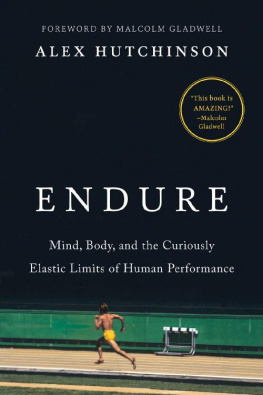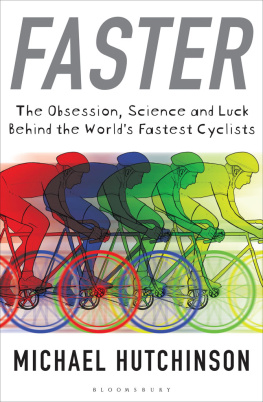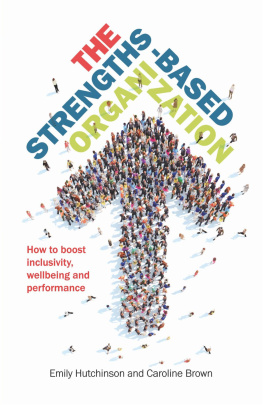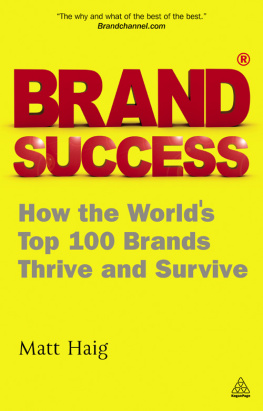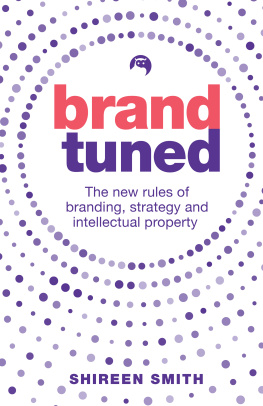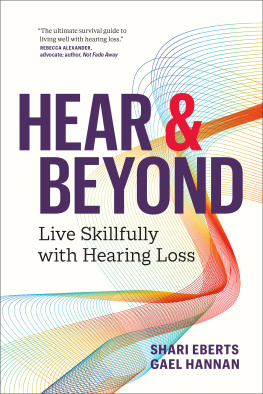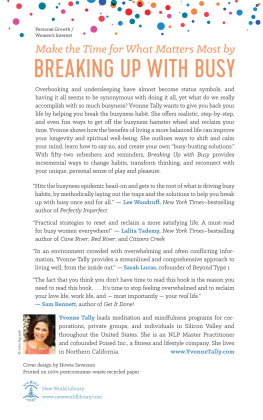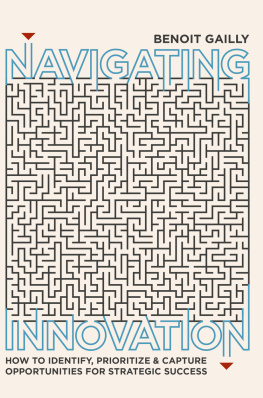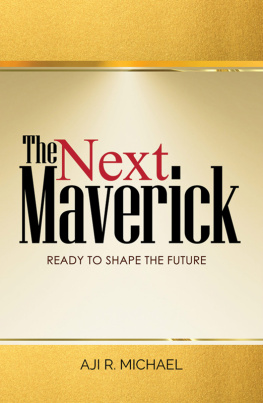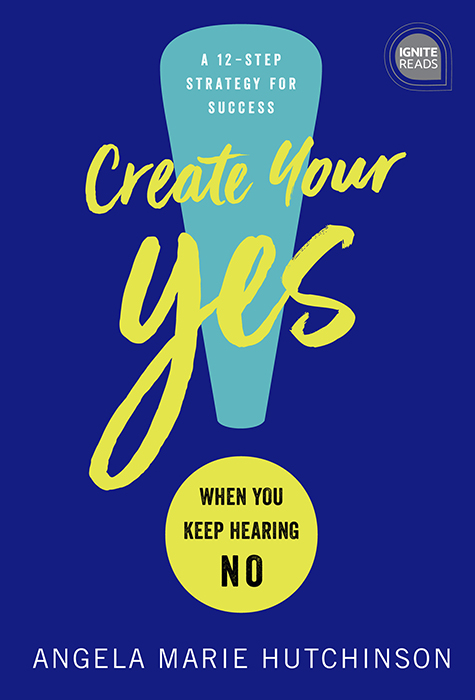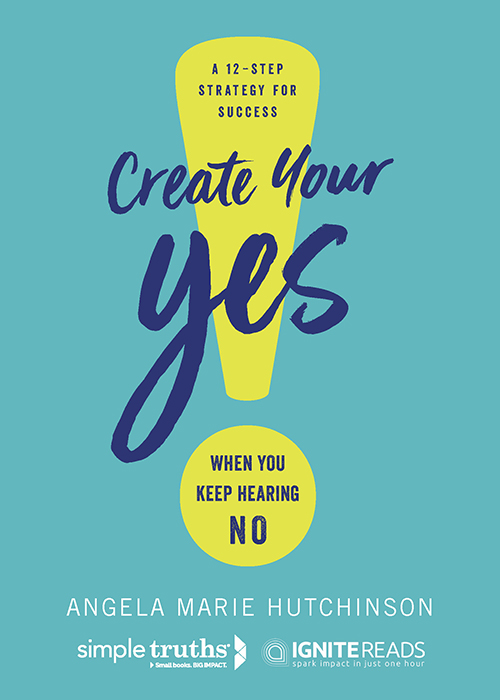When you are faced with rejection, do you cringe or thrive? The power of no is undeniable. While its advantageous to embrace positive thinking and words of affirmation, understanding rejection is what allows you to redirect it.
In fact, it is often said that if you keep hearing no over and over again, your yes will eventually arrive. The idealistic concept of ninety-nine nos leading to a yes sounds hopeful. However, when I pursued having my screenplay, Hollywood Chaos , produced into a feature film, I sent hundreds of emails, attended dozens of networking events, and scheduled numerous meetings with power playersearning my ninety-nine nos in spades. Years and many more nos later, I still had no movie dealuntil I produced it. Then, it aired on Hulu.
Sometimes your yes will never comeuntil you create it. In this book, I elaborate on the principles shared in my TEDx Talk, Create Your Own Yes, When You Keep Hearing No. Creating your yes is a proven strategy to break through professional and personal barriers. Whether you are thriving or barely surviving, the twelve methods of creating opportunity that I reveal in this book will help you to achieve frequent wins and maintain your success.
1
Redirect the Rejection | Navigating Nos
Pursue a dream, goal, passion, or any opportunity, and you will undoubtedly hear no in one form or another. The visceral experience of rejection can hinder your ability to thrive both professionally and personally. I have coached dozens of professionals who became paralyzed from repeatedly hearing no. Regardless of their experience and skills, their careers remained stagnant. No matter how hard they worked, how many people they networked with, nothing seemed to propel them to the next level. Perhaps you can relate to this rejection.
There are times when your life pursuits may seem hopeless, pointless, profitless, or otherwise daunting. Even in your darkest hour, you must firmly believe in your yes. In the city of Los Angeles, the mecca of glitz and glamour where dreams come true, the amount of rejection that it takes to achieve those dreams is never discussed. This observation is also consistent among other professions.
Lawyers take pride in the cases theyve won. Athletes celebrate their championships. Realtors toast when escrows close. Pharmaceutical reps are rewarded for their sales. No one brags about their losses. Sharing about our lack of success is not exactly a flattering social media post. #LOSING.
However, in Michael Jordans Failure Nike commercial, he highlights his failures on the court, missing more than nine thousand basketball shots and losing nearly three hundred games. Ive failed over and over and over again in my life, and that is why I succeed, Jordan declares.
Massive Rejection
The more competitive the industry, the more massive the rejection. In covering the 90th Academy Awards as a commentator for BBC World News, I was reminded that only ninety producers have ever won the Best Picture Award, the most prestigious category of the Oscars ceremony. Yet an estimated five hundred thousand movies have been produced worldwide. That is a 0.018 percent success rate. Even if we round up, there is a 0 percent chance that a producer will receive an Oscar for Best Picture.
To catapult to success in your field, you must diligently navigate your nos. Throughout my entertainment career, Ive had the opportunity to work as a talent agent and casting director. Getting signed by a talent agent is a hurdle even for talented actors. When casting an independent film, I rejected nearly twelve hundred actors for just one role. Dishing out rejection daily is a significant part of the casting process that I respect. By always having to say no, I gained a new perspective on the word.
When you hear a no, its rarely personal. Dont take it that way. Rejection is a tool that teaches us, guides us, and sometimes redirects us to a path more aligned with our passion.
Redirect the No
How do you do that? Start by redirecting the rejection. You may need to become an entrepreneur or consider more of a business-savvy approach to traditional tasks. When I was submitting my screenplay, Hollywood Chaos , to power players all over town with the hope of it being produced, I was told no in one form or another. I sent emails, scheduled meetings, and networked with dozens of studio executives, literary managers, and film producers.
For almost ten years, I worked relentlessly toward getting my movie produced by a studio. I developed the script, secured interest from actors, joined arts organizations, and met with mentors and funding groups. I even rallied up a production team that was ready to produce the film upon obtaining interest from a studio or production company. Along the journey, I received a few maybes that eventually morphed into no.
The yes didnt come until I created it. By taking ownership of my career, I stopped yearning for validation from power players to produce my film. My creativity and business savvy were unleashed. I set a date for production, told everyone I knew my plan, created a crowdfunding campaign for donations, and pitched individual investorseven at my hair salon. Within a few months, I had raised enough money to produce the film for under $200,000 and obtained $65,000 in in-kind donations. I produced the movie and landed a distribution deal. Hollywood Chaos aired on Hulu and is available on Amazon. The film was essentially funded by people who believed that I believed in my yes.
Now, not everyone needs to become an entrepreneur to create a yes. You may just need to transition your skills and experience into a different industry. A colleague of mine who works in human resources at Warner Bros. says its important that job applicants fit into the culture of the department. If a company has a trendy and relaxed office environment and you wear a suit to the interview, you may not land the position.





